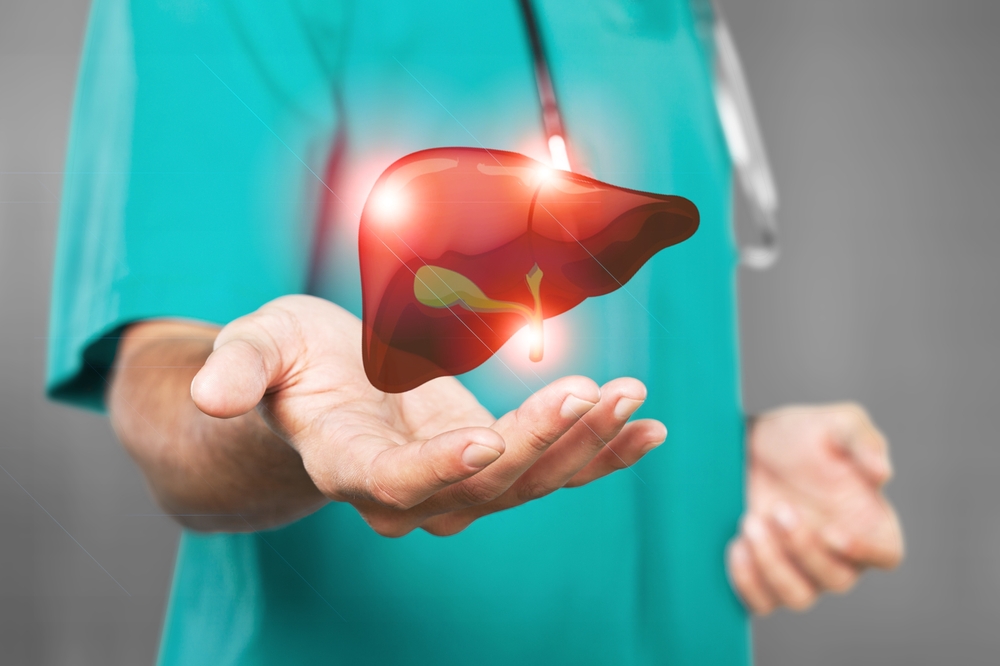The liver is the largest metabolic factory of our body and performs over 500 functions which are essential for maintaining our body’s health. Among these, the salient functions include the synthesis of protein, storage of glycogen, detoxification of drugs and toxins, production of bile, production of proteins needed for blood clotting and production of immune factors which are needed to fight infections.
A healthy liver is of paramount importance for our good health. However, we often tend to overlook the organ because we do not know much about what can be done to keep it healthy and safe. The time has come to change the thought and thus we have tips that will help you treat your liver better.
Dr. Sanjiv Saigal, Principal Director & Head, of Liver Transplant and Biliary Sciences, Gastroenterology, Hepatology & Endoscopy, Max Super Speciality Hospital, Saket, says, “Obesity or overweight can lead to non-alcoholic fatty liver disease (NAFLD) which has now become the topmost cause of liver problem in our society. Over the years, simple fatty liver can lead to liver inflammation (steatohepatitis), liver shrinkage (cirrhosis) and even liver cancer. It is essential that we maintain a healthy weight by a combination of a healthy diet and regular exercises.”
“Alternative medicines are often from unreliable sources and may be without any scientific and clinical basis. Also, many drugs such as painkillers, anti-tuberculosis drugs & anti-epileptic drugs can potentially cause liver damage. One must take these medications under medical supervision,” he further added.
Dr Nitin Aherrao, Consultant, Gastroenterology, P D Hinduja Hospital and Medical Research Centre, Khar, states, “Liver is a vital organ of the human body and plays a crucial role in various metabolic functions. It produces a liquid called bile for digestion, stores vitamins and minerals, removes toxins from the body, and stores sugar. The liver can get damaged because of multiple factors like alcohol, fat deposition in the liver (Fatty liver), various viruses (Hepatitis B, C), various herbal alternative medicines, genetic diseases like autoimmune liver disease and Wilson disease, uncontrolled diabetes and lipid disorders.”
He went on to add, “Unfortunately, ongoing liver damage may not show any symptoms for many years. Hence, it is very important to screen the liver and its damage by performing basic tests like liver function tests and sonography of the abdomen. Ongoing liver damage can produce swelling (inflammation) and it can lead to scar formation (fibrosis) inside the liver. If not prevented from further progression it can lead to permanent liver damage, which is known as cirrhosis of the liver.”
- Avoid excessive intake of alcohol.
- Regular exercise, and a healthy active lifestyle.
- Balanced diet.
- Maintaining ideal body mass index (BMI) – 18.5-22.9 kg/m2.
- Get screening done for Hepatitis B and C.
- Get vaccinated: Hepatitis A and B vaccines are available.
- Avoid over-the-counter alternative medicines as they contain heavy metals which can damage the liver.
- Completely stop smoking.






